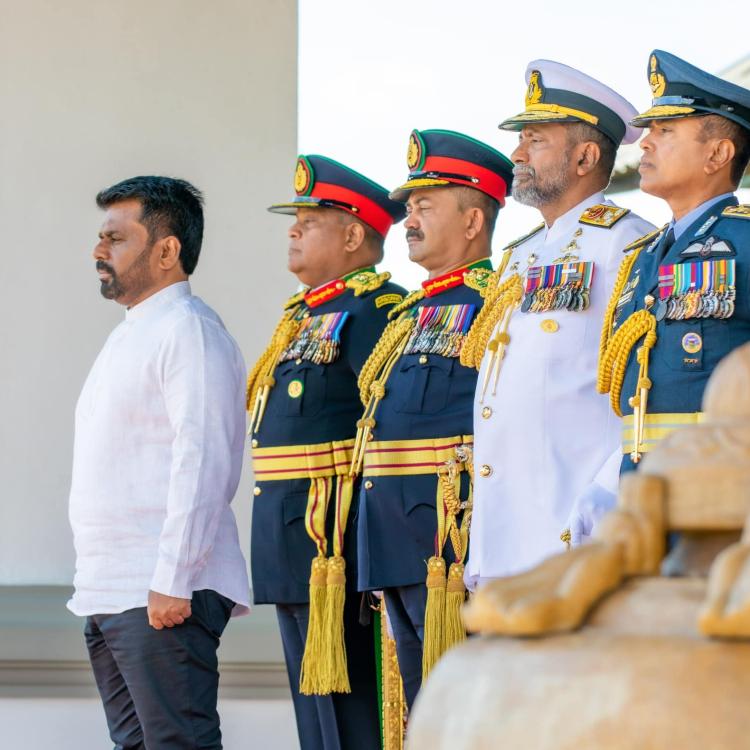.jpg)
Despite repeated warnings from local residents and Tamil leaders, illegal limestone mining continues unabated in the Jaffna Peninsula, raising serious environmental and social concerns.
The excavations, concentrated in the Thenmarachchi area, have caused significant environmental damage, with locals decrying the government’s inaction despite numerous appeals.
In the villages of Manduvil and Vembrirai, a private individual has reportedly acquired large areas of land where soil and limestone are being mined and sold without proper oversight or permits. The extracted limestone is being transported to Trincomalee, where it is purchased by a prominent Jaffna businessman and sold to a cement factory.
The mining has left massive craters in the affected areas, and operations have expanded to include government-owned lands. Locals fear that the unchecked removal of limestone, which plays a crucial role in water conservation on the peninsula, will have long-term consequences for the region’s water security.
Limestone is vital for the Jaffna Peninsula’s delicate water ecosystem. It helps retain rainwater, which seeps through the limestone layer and replenishes the freshwater above sea level. Below this layer lies brackish water, and the illegal removal of limestone threatens to disrupt this balance, increasing the risk of groundwater salinity.
Residents and environmentalists have warned that large-scale limestone extraction could lead to irreversible damage, jeopardising access to fresh water for future generations.
Despite ongoing protests and demands for action, the government has yet to enforce any meaningful measures to curb illegal mining. Tamil leaders have repeatedly raised the issue at government meetings. At a Jaffna District Secretariat meeting on May 30 last year, Member of Parliament Shritharan highlighted the scale of the problem, stating that limestone was being mined to depths of 2–3 metres and transported out of the district for commercial purposes without authorisation.
In June, Douglas Devananda, a government-aligned leader of the EPDP and the former chairman of the District Coordination Committee, personally inspected the affected sites but failed to implement any significant changes. A National People’s Power (NPP) parliamentarian also visited the area weeks ago, promising immediate action, but mining operations continue unchecked.
The ongoing mining highlights broader governance challenges in Sri Lanka, where regulatory oversight often falls short, and economic interests frequently take precedence over environmental and community concerns.
Ironically, Sri Lankan president Anura Kumara Dissanayake in his address to the nation for the new year launched a new initiative called "Clean Sri Lanka" - a program that is touted as an attempt to "heal the environment and society."
"Our primary developmental goals include eradicating rural poverty, implementing the 'Clean Sri Lanka' initiative, and building a digital economy. The 'Clean Sri Lanka' initiative, launched alongside the New Year, aims to uplift society to greater heights through social, environmental, and ethical revival," he said.
“The Clean Sri Lanka initiative is not just about environmental cleanup—it aims to heal our society and establish a new system of values and principles. It seeks to address the deeply eroded social and environmental fabric of our nation."
His full address can be found here.
Previously, Dissanayake established a controversial new Presidential Task Force, with the heads of the armed forces and no Tamil or Muslim representation, with the goal "of elevating society to a more advanced status through a social, environmental and ethical awakening". Announced through an Extraordinary Gazette notification, the task force has been set up to "plan and implement the “Clean Sri Lanka” Programme".

